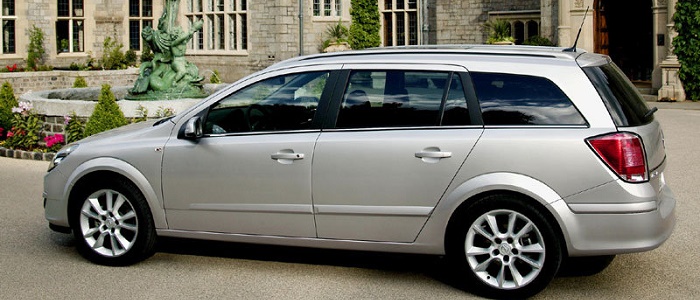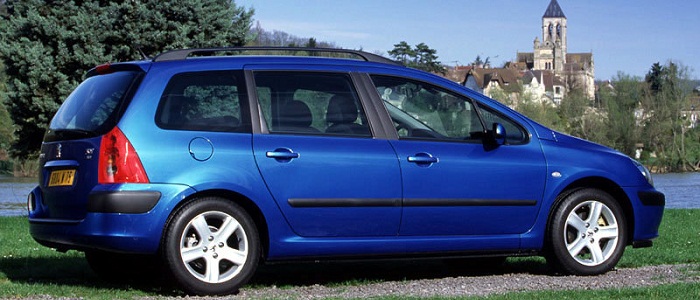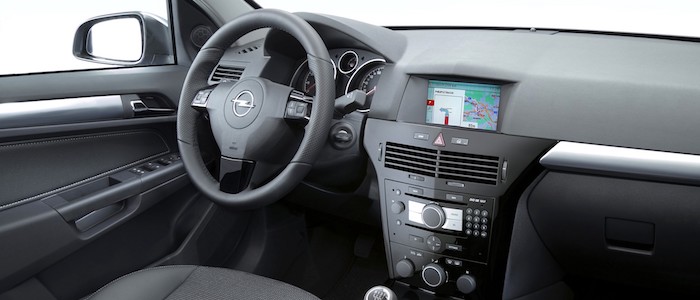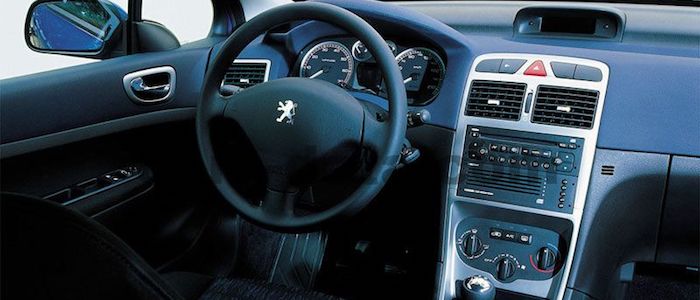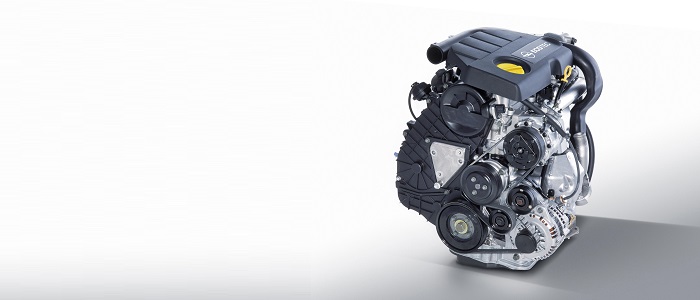Compare two cars
Compare any two cars and get our Virtual Adviser™ opinion
Dimensons & Outlines
Check a car with 30% off a report
Engine
Performance (manual gearbox)
Performance (automatic gearbox)
Expenses
Virtual Adviser's™ opinion
Well, these are two pretty similar cars we have here! It's only details that could potentially make the difference. Considering they both belong to the small family car segment and utilize the same 5-door wagon body style and the front wheel drive system, it all comes up to the specific diesel engine choice they offer. The first one has a FIAT-engineered powertrain under the hood, a 4-cylinder, 8-valves 120hp unit, while the other one gets its power and torque from a 4-cylinder, 8-valves 109hp engine designed by Peugeot.
SafetyBoth vehicles got tested by European New Car Assessment Programme (Euro NCAP), with the Opel being a slightly better choice apparently. Moving further on, let's take a closer look at some additional safety-related facts. Both vehicles belong to the small family car segment, which is generally classifying them somewhere in the middle safety-wise, still it doesn't help us solve our dilemma, does it? Furthermore, taking kerb weight as an important factor into account, the German car offers a marginal difference of 4% more metal.
ReliabilityManufacturers have been building their reliability reputation for decades now and, generally speaking, it appears that Peugeot does have a slight advantage, all the models observed together. These are the official statistics, while our visitors describe reliability of Opel with an average rating of 4.2, and models under the Peugeot badge with 4.3 out of 5. Independent research findings rank Astra as average reliability-wise, and 307 is more or less at the same level.That apart, owners of different cars powered by the same engine as the German car rank it on average as 4.5 out of 5, exactly the same as the other one.
Performance & Fuel economyOpel is undoubtly more agile, reaching 100km/h in 2 seconds less than its competitor. In addition to that it accelerates all the way to 190 kilometers per hour, 7km/h more than the other car. When it comes to fuel economy the winner has to be the French car, averaging around 5 liters of fuel per 100 kilometers (57 mpg), in combined cycle. We can't ignore that 22% difference compared to the German car.
Verdict
Peugeot appears just a bit more reliable, although the difference is truly marginal. The most important thing when deciding between any two vehicles should always be safety, both passive and active. In my opinion, everything taken into account, the German car offers much better overall protection, which launches it ahead of the other contender. It all continues in the same direction, with Opel outracing its opponent in any situation possible, making it better choice for boy racers. It does come at a cost though, and that's the fuel consumption... No mistake, whatever you decide here, but I'd still go for the Opel. Nevertheless, let's not forget that people have different preferences and needs, so what really counts is your personal feel. I'm only here to help. I suggest you spend two more minutes in order to find out which car, based on your needs and budget, would be picked by the virtual adviser™, among thousands of similar, yet so different vehicles.
Related articles
Whenever we think of ISUZU, which we never do, it's usually a tiny bus, ridiculously high for its length and width, that we have in mind, most likely provided by a travel agency as a part of a low interest optional trip to some God-forgotten village. What we should have in mind though...























